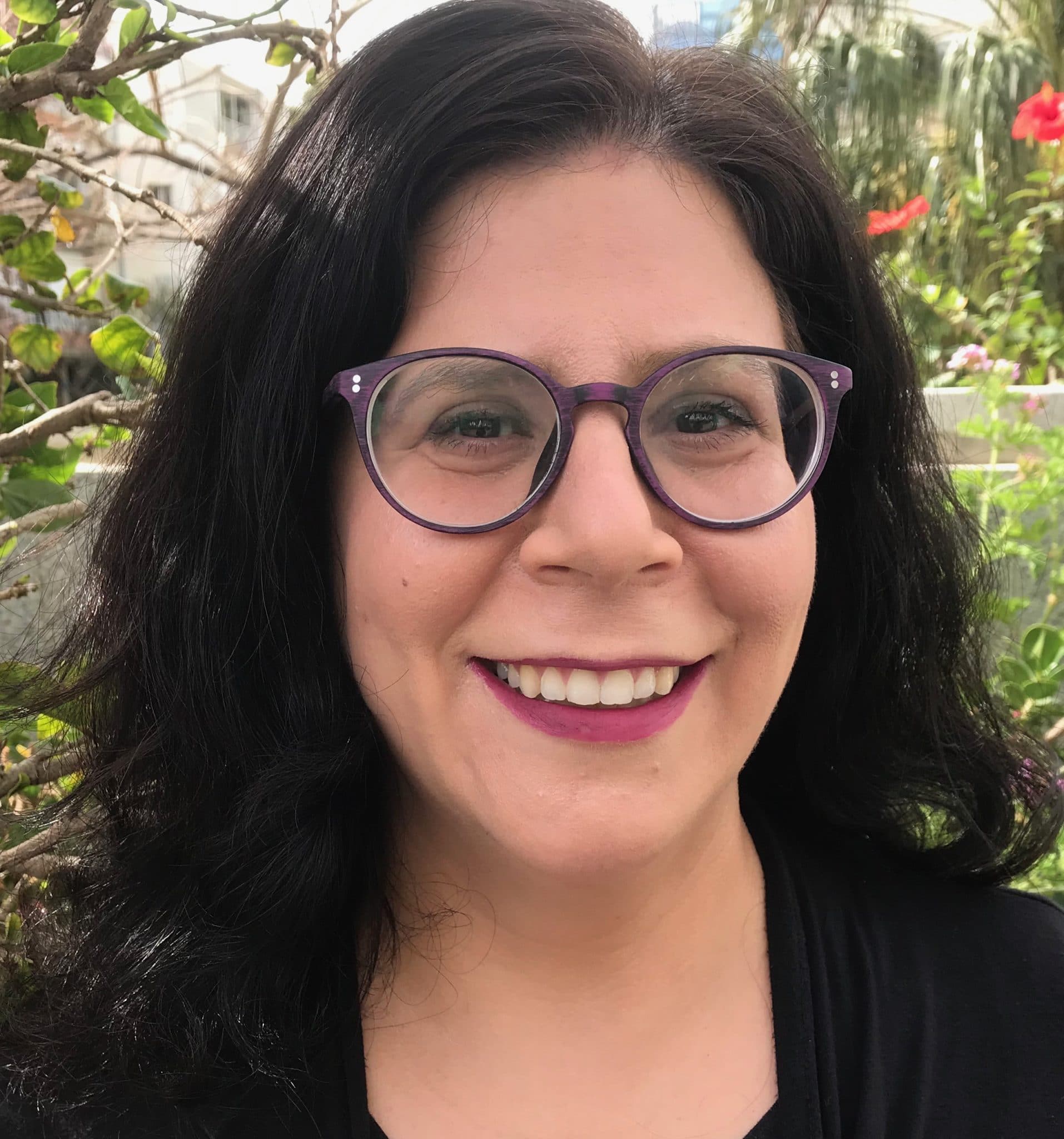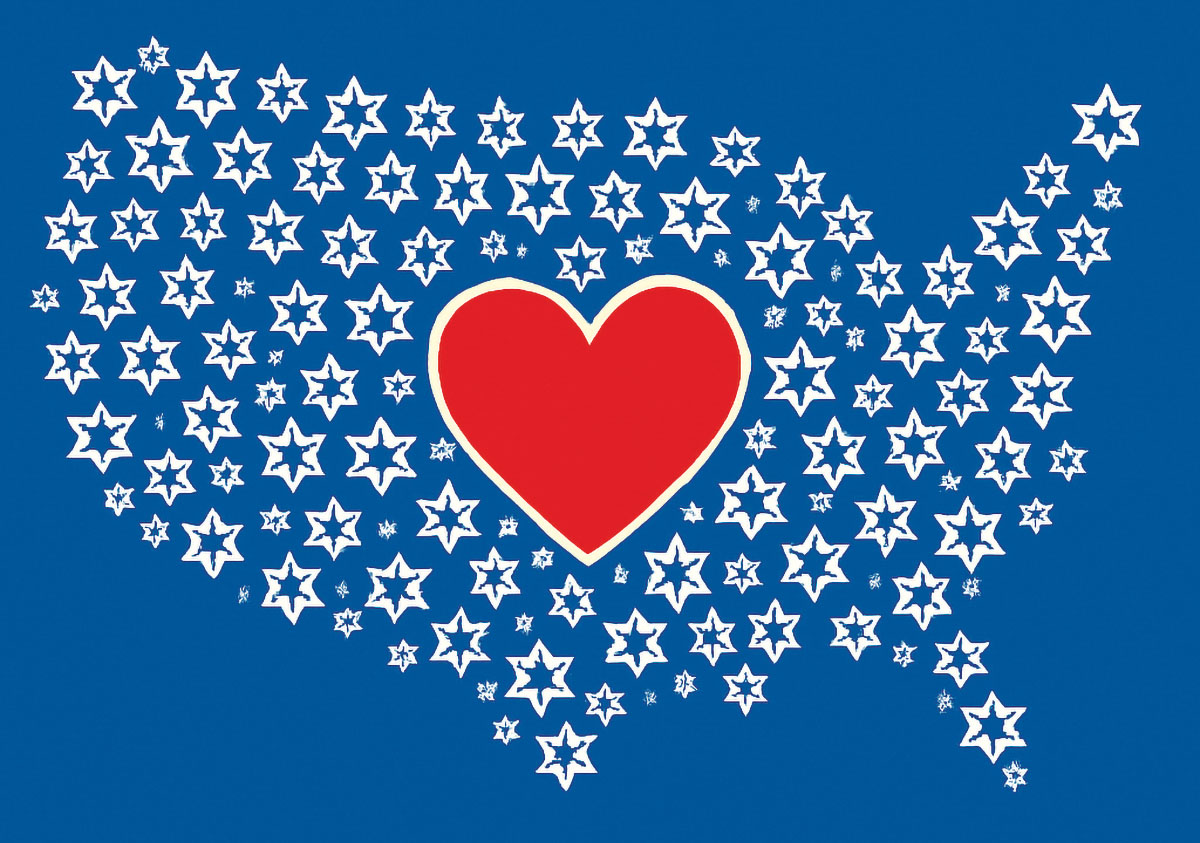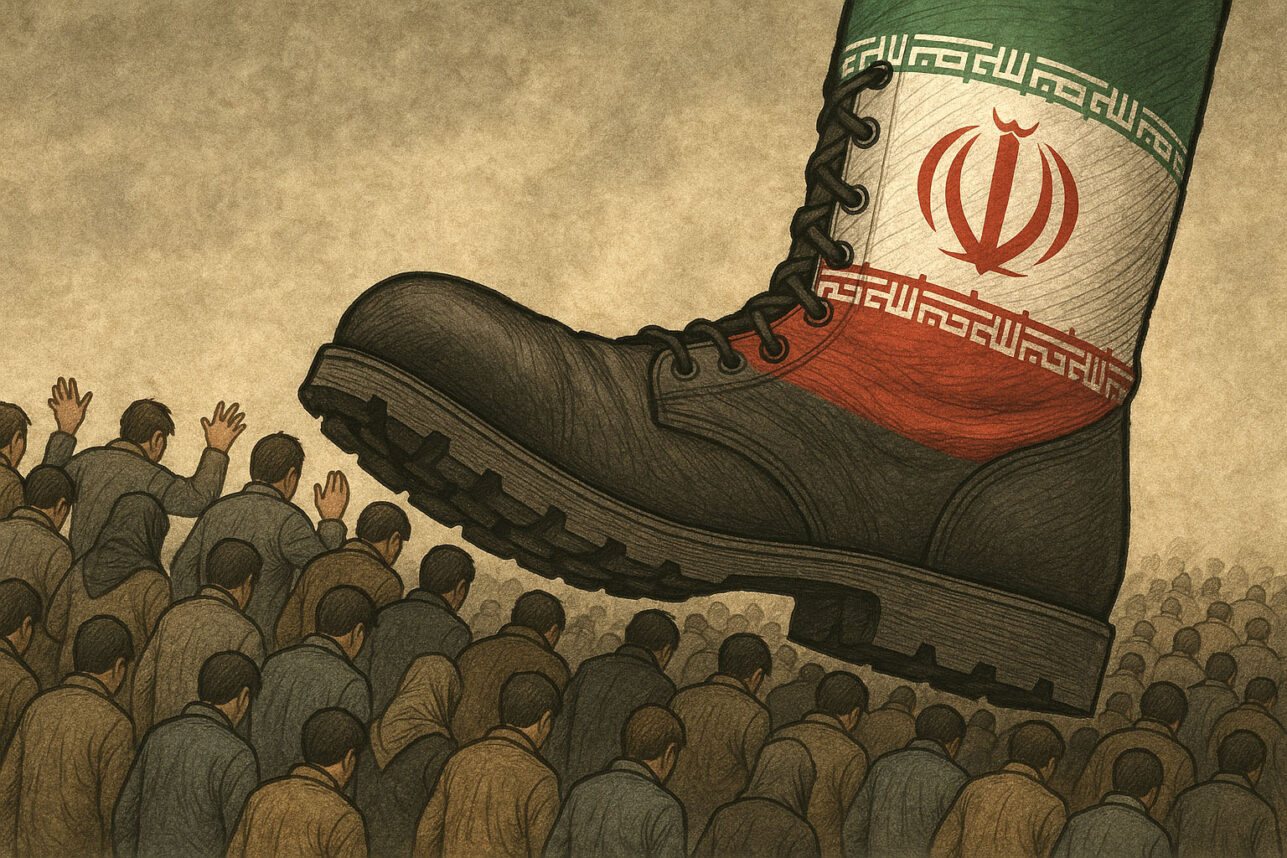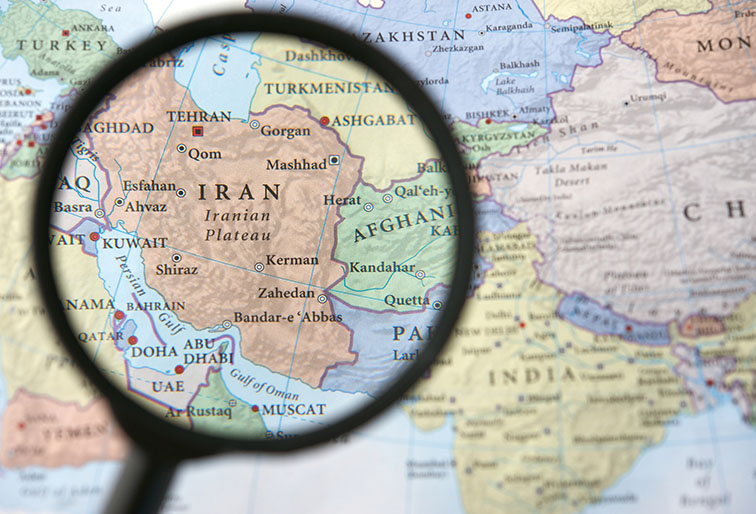
Dr. Chavi Eve Karkowsky is a high-risk obstetrician in New York City and the author of “High Risk: Stories of Pregnancy, Birth, and the Unexpected,” released this spring.
In the book, Karkowsky discusses her career in women’s health, working in underserved communities, the modern medical system and prenatal genetic testing — of particular interest in Ashkenazi Jewish communities.
Also Ashkenazi, Karkowsky wrote most of the book while living in Israel. Today, she’s back in the U.S. and on the front lines of the COVID-19 crisis. She spoke with the Journal about her book, and treating patients during the pandemic.
Jewish Journal: Why did you decide to write the book?
Chavi Eve Karkowsky: I’m in the room for some of the most compelling stories in human existence. These are stories you don’t hear about in literature. These are the depths of despair and the heights of joy and they need to be explored more. Women, including friends, tell me they wish someone had told them what giving birth would be like. We are unprepared, even for uncomplicated deliveries. Birth can be a little bit traumatic and we don’t have a way to process it later. It contributes to people feeling lonely. They think they’re alone but they’re not. [Additionally], people are making policies and laws that are ignorant and dangerous. They don’t understand the full ramifications of [them]. If they came to work with me for a few days, they could understand what’s going on. This book is [a way to] take everyone to work with me.
JJ: What was your birth experience like the first time?
CEK: I have four kids. My kids are all fine and I’m fine. At the same time, it was also very frightening, which is not an unusual experience. For people in this business, we see how it can go wrong and we know what the line is between great joy and tragedy.
JJ: Why did you decide to pursue this field?
CEK: When I was a medical student, I did OB-GYN and loved the adrenaline rush. I liked that I could do surgery. I really work at the intersection of complicated medical problems and I understand how the body works at a complicated time. I have the maternal and fetal well-being to worry about, and what medications might work and might not work. There are some really dramatic moments. It’s the perfect job for me.
JJ: What types of high-risk pregnancies are most common?
CEK: I see a lot of hypertension and diabetes in pregnancy. Anything that happens to people happens to women, and anything that happens to women happens to pregnant women. [I see] lupus and breast cancer … anything can happen in these 40 weeks and if it does, it’s my job [to take care of it].
[Here in New York] we started testing everyone admitted for COVID. During the peak of the pandemic, all of our patients tested positive, even if they had not left the house for weeks. We said, “Oh my gosh, it’s everywhere.”
JJ: What was it like working in an ultra-Orthodox hospital in Israel?
CEK: Care in Israel is very different, but I loved it. I had the usual issue with the medical licensure. It’s almost impossible if you’re not a citizen. I worked there with a permit. They were incredibly welcoming. In Israel, there are a lot more midwife deliveries. The hospital I worked at had a low C-section rate. [The ultra-Orthodox women] felt very strongly about not having the surgery, which is a risky proposition if you have 10 to 14 kids. Even women who were not ultra-Orthodox would come there because they wanted the less interventional childbearing.
JJ: Did they avoid C-sections for religious reasons?
CEK: It wasn’t unusual to be delivering someone’s 12th baby. They really want to preserve and have as many children as they want. Once you start doing three, four, five, six, seven C-sections, it can become risky and limit how many kids you have. If that’s your goal, it makes sense to avoid C-sections.
JJ: Why is modern prenatal genetic testing important for the Ashkenazi community?
CEK: They may have been more likely to marry cousins. There is a lot of scientific research on Ashkenazi Jews and there are a lot of diseases where they could be carriers. Most of us should be tested before we have children. We need ways to figure it out so we don’t have that heartbreak. The testing can allow for more options.
JJ: How has COVID-19 affected your patients?
CEK: It’s been very intense here in New York. We’re doing telehealth and in-person visits because patients are sick from the usual things, but we’re taking care of an enormous number of COVID pneumonia patients. It’s very scary because no one knows about COVID. It’s very time-sensitive. It’s scary to go to work sometimes.
JJ: Have babies been born with COVID-19?
CEK: It does not seem to go into the placenta. Even if it does, it’s a mild version most of the time. We started testing everyone admitted for COVID. During the peak of the pandemic, all of our patients tested positive, even if they had not left the house for weeks. We said, “Oh my gosh, it’s everywhere.” We haven’t seen a lot of newborns with it or even if they do have it, it’s not serious. We try to maintain breastfeeding and bonding. Maybe mom wears a mask. There’s damage separating a mom and her baby, so we’re really balancing what’s important.


































 More news and opinions than at a Shabbat dinner, right in your inbox.
More news and opinions than at a Shabbat dinner, right in your inbox.